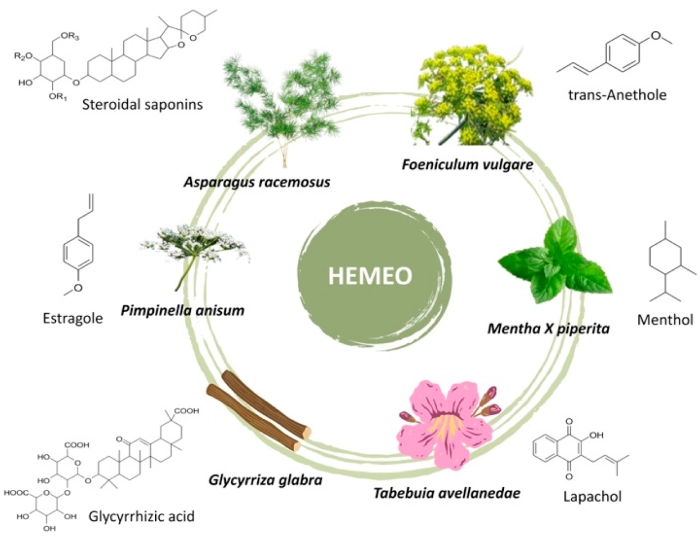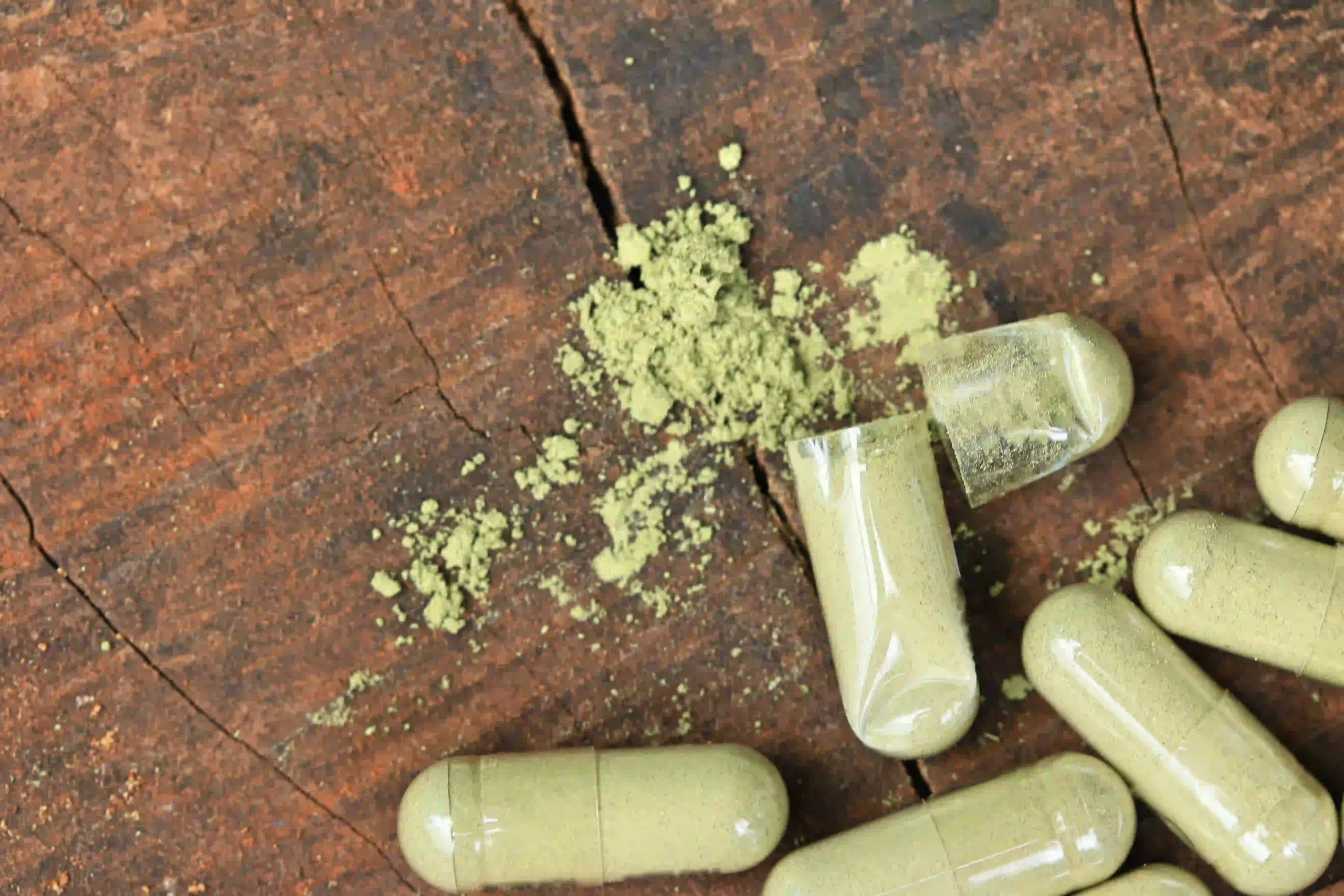New research highlights how gut microbiome influence tamoxifen metabolism, paving the way for personalized therapies and more effective breast cancer prevention.
A recent study published in the journal mBio by the American Society for Microbiology has revealed that variations in the human gut microbiome can significantly influence the pharmacokinetics of tamoxifen, a commonly used medication in breast cancer prevention. The findings suggest that the microbiome’s composition may determine how effectively tamoxifen works, and in the future, a simple stool test could help predict whether the drug will be effective for individual patients.
Tamoxifen is a crucial drug for preventing the recurrence of breast cancer, but nearly 50% of patients experience limited effectiveness. This variation in response has long been a mystery, but researchers now believe the gut microbiome might be a contributing factor. “Our study investigates how the diversity of gut bacteria could influence the absorption, breakdown, and metabolism of tamoxifen, with the ultimate goal of improving treatment outcomes for breast cancer patients,” explained Yasmine Alam, the lead author and Ph.D. candidate in Biological Chemistry at the University of California, Irvine.
To understand the role of gut bacteria in tamoxifen’s efficacy, the researchers conducted experiments on mice, comparing those with a normal human microbiome to those without any gut bacteria. Mice with a microbiome had higher levels of tamoxifen in their blood, indicating that gut bacteria were influencing the drug’s absorption. The researchers further explored which bacteria were responsible for this effect, discovering that an enzyme produced by certain gut bacteria, beta-glucuronidase, played a crucial role in the drug’s bioavailability.
When tamoxifen is ingested, it travels through the stomach and into the intestines, where it is absorbed into the bloodstream. Once in the liver, tamoxifen is converted into an active form that helps combat breast cancer. However, in some cases, a sugar molecule attaches to the drug, which sends the cancer-fighting form back into the intestines instead of allowing it to enter the bloodstream. The enzyme beta-glucuronidase, produced by gut bacteria, removes this sugar molecule, effectively recycling the drug into its active form and ensuring it remains in circulation.
The study pinpointed Bacteroides fragilis, a specific bacterial species, as being particularly important for this process. The presence of this bacterium seemed to enhance the activity of beta-glucuronidase, which in turn boosted tamoxifen’s effectiveness. This research highlights the importance of the gut microbiome in the body’s response to medication and paves the way for more personalized approaches to cancer treatment.
The overarching goal of this research is to contribute to more tailored therapeutic strategies for breast cancer, ultimately leading to better prevention of cancer recurrence. The study was conducted under the leadership of Elizabeth Bess, Ph.D., and Cholsoon Jang, Ph.D., both assistant professors at the University of California, Irvine.
Commentary by YourDailyFit columnist Alice Winters:

This research opens an intriguing and vital discussion on the role of the gut microbiome in drug metabolism, especially for commonly prescribed drugs like tamoxifen. The potential of microbiome-based interventions to optimize cancer treatment could mark a significant turning point in personalized medicine.
The discovery that gut bacteria, specifically the Bacteroides fragilis strain, can influence tamoxifen’s pharmacokinetics is a game-changer. This insight brings the gut microbiome—once regarded merely as a passive system in digestion—into the spotlight as an active player in drug efficacy. The role of beta-glucuronidase in this process is particularly notable, as it underscores how even subtle enzymatic actions can significantly affect a drug’s therapeutic potential. While this discovery is still in the early stages, it suggests that a tailored approach to drug prescription, based on an individual’s microbiome, could enhance outcomes in patients who are poor responders to tamoxifen.
The possibility of using stool samples to predict the effectiveness of tamoxifen is a significant leap forward, offering both practicality and accessibility. Personalized diagnostics through non-invasive testing could enable doctors to predict drug efficacy early on, thus avoiding the trial-and-error process that often accompanies cancer treatment. This would not only improve treatment outcomes but also reduce the emotional and financial burdens on patients who might otherwise be taking ineffective therapies.
That said, there is still a long road ahead before this discovery can be fully integrated into clinical practice. The research is currently confined to animal models, and much work remains to be done to determine how these findings translate to human patients. Furthermore, while beta-glucuronidase is a promising candidate, the gut microbiome is a highly complex and dynamic system, with hundreds of bacterial species interacting in ways that are not yet fully understood. Therefore, comprehensive human studies will be required to validate and refine these early results.
Nonetheless, the implications of this research extend beyond tamoxifen and could pave the way for microbiome-based interventions for a variety of drugs. As the field of microbiome science advances, we may soon see the emergence of tailored therapeutics that consider an individual’s microbiome composition, leading to more effective and personalized treatments for a range of conditions, including cancer.
The study is a strong reminder of the complexity of drug responses and the growing recognition that treating the body as a holistic system—rather than focusing solely on the drug and the disease—could be the future of medicine. For patients and healthcare professionals alike, this discovery holds the promise of improving the precision, safety, and effectiveness of breast cancer treatment and beyond.



